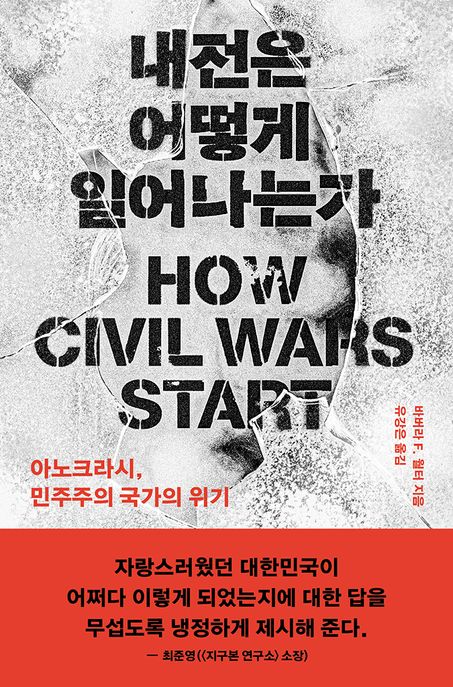
The social psychology of intergroup and international conflict resolution
- 개인저자
- Ronald J. Fisher
- 발행사항
- New York : Springer-Verlag , 1990
- 형태사항
- vii, 277 p. : ill. ; 25 cm
- ISBN
- 9781461279525
- 청구기호
- 303.6 F438s
- 서지주기
- Includes bibliographical references (p. [251]-268)
소장정보
| 위치 | 등록번호 | 청구기호 / 출력 | 상태 | 반납예정일 |
|---|---|---|---|---|
이용 가능 (1) | ||||
| 1자료실 | 00016507 | 대출가능 | - | |
- 등록번호
- 00016507
- 상태/반납예정일
- 대출가능
- -
- 위치/청구기호(출력)
- 1자료실
책 소개
목차
1. Introduction: The Pervasive Enigma of Intergroup Conflict.- Protracted Social Conflict: The Ultimate Enigma.- The Social-Psychological Study of Intergroup Conflict.- Challenges for the Study of Intergroup and International Conflict.- The Scope and Plan of This Book.- 2. Classic Contributions to the Study of Intergroup Conflict.- Ethnocentrism and Realistic Group Conflict Theory.- The Field Studies: Sherif, Blake, and Mouton, and Zimbardo.- Social Identity Theory.- The Groundwork for Eclectic Theory.- Conclusion: Implications for Theory, Research, and Practice.- 3. Cognitive Theories Applied to Intergroup Conflict.- The Effects of Categorizing Individuals into Groups: The Experimental Evidence.- Cognitive Theories of Intergroup Relations.- Implications for Conflict Resolution.- Conclusion.- 4. Group Factors in the Escalation of Intergroup Conflict.- A Primer on Group Dynamics.- Self-Esteem, Identity, and Ethnocentrism.- Intergroup Conflict and Group Cohesiveness.- Conformity, Polarization, and Groupthink.- Crisis Decision Making Versus Effective Problem Solving.- Leadership and Constituent Pressure.- Implications for Conflict Escalation and De-Escalation.- 5. An Eclectic Model of Intergroup Conflict.- The Approach to Theory Building.- Variables of the Model.- Principles or Laws of Interaction.- Boundaries of the Model.- System States of the Model.- Propositions of the Model.- Conclusion.- 6. The Intergroup Conflict Simulation.- Development of the Initial ICS Design.- The Testing and Refining of the Initial ICS Design.- Testing the Final ICS Design.- Conclusion.- 7. International Conflict: The Question of Survival.- The Sources of International Conflict.- Perception, Cognition, and Images.- Communication and Interaction.- The Social Psychology of International Negotiation.- The De-Escalation of International Conflict.- 8. Social-Psychological Approaches for Resolving Intergroup and International Conflict.- The Facilitative Conditions of Intergroup Contact.- Approaches to Managing and Resolving Conflict.- The GRIT Strategy for De-Escalating Conflict.- Problem-Solving Workshops for Improving Intergroup Relations.- Conclusion.- 9. Third Party Consultation as a Method of Intergroup and International Conflict Resolution.- Third Party Consultation.- The Social-Psychological Rationale of Third-Party Consultation.- Toward a Taxonomy of Third Party Intervention.- Comparing Consultation and Mediation Using the ICS.- A Contingency Approach to Third Party Intervention.- 10. Conclusion: Paths Toward a Peaceful World.- Major Themes.- Implications for Conflict De-Escalation and Resolution.- The Agenda for the Future.- References.- Author Index.




